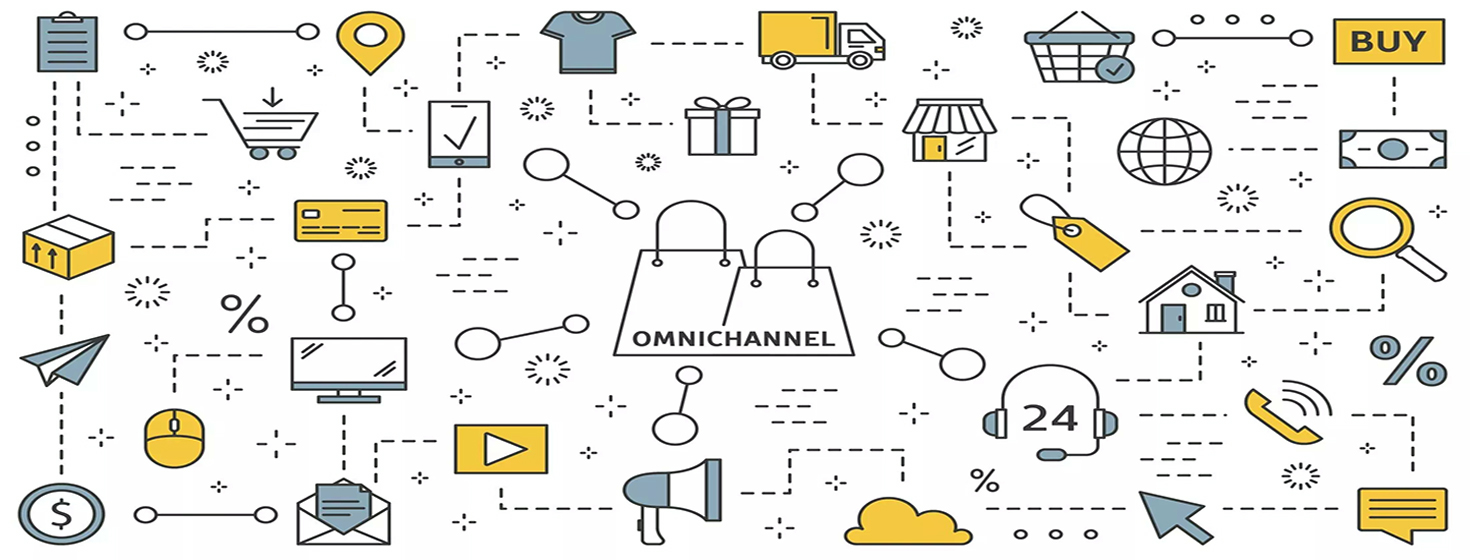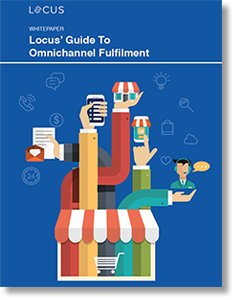What Consumer Companies Are Doing In Canada To Optimize Logistics And Why?

The conclusion of a $230-million contribution agreement between the Government of Canada and SCALE AI, the Artificial Intelligence-powered Supply Chains Supercluster, was announced at the G7 Multistakeholder Conference on Artificial Intelligence in Montreal.
SCALE.AI, and the Government of Canada
Recently, 78 Canadian companies, 26 business associations, and 12 Canadian academic institutions came together to form SCALE.AI, and the Government of Canada announced it had selected SCALE.AI as one of five winning industry-led proposals in its Innovation Superclusters Initiative.
SCALE stands for Supply Chain and Logistics Excellence, and it’s an AI-powered supply chain consortium.
Numerous Canadian research institutes and enabling organizations have together committed nearly $700 million in support of this breakthrough.
The truth is that these companies, associations and academic institutions seem to have one thing in common: foresight.
A massive amount of data is generated every day by supply chain and consumer companies. This translates into enormous business value, provided that the data is put to optimum usage.
Let’s Look At This from the Perspective of Consumer Companies
If you’re Canada’s most favorite party snack, preferred smartphone brand, or trusted fitness designer wear, it’s quite obvious that you know your customer really well.
The amount of market research that goes into selling these brands to the entire population is massive, and companies typically know what it’s like in the day of the life of their consumer, and how to appeal to what they really care about.
With artificial intelligence, that information can be used even in advancing logistics solutions to best serve these consumers, as well as minimize losses at multiple places.
A food and beverage company wouldn’t want to lose unsold goods because they exceeded their shelf-life, and an electronics company would want to minimize their costs on return logistics.
Let’s put some numbers on driving economic growth while setting up Canada’s position in global leadership and creating highly-skilled jobs by accelerating the adoption of artificial intelligence.
A company like LOCUS, that has tailored AI to serve this purpose, can help address important supply chain-related challenges, for instance through better demand forecasting, inventory optimization and transparency of material flows.
SCALE, by 2028, will generate more than 16000 jobs and grow Canada’s GDP by more than 16.5 billion dollars. If you’re wondering how just a supercluster could achieve this, read on.
The vision of this supercluster is to build the supply chain of the future by leveraging artificial intelligence technologies to drive industry performance.
Artificial Intelligence will create meaningful insights and enable businesses to make better, faster decisions.
Companies will have a helping hand in Demand Forecasting, Security, Logistics and Sourcing. And it’s just the beginning.
A country that is working on providing better customer service that is launching unicorns and SMEs, thereby cultivating a robust, diverse workplace which is ready for an AI-driven world will achieve the numbers stated above and possibly even more.
Canada is now more proactively seeking out startups from around the world to enter their market and collaborate with them. A decision-making engine like LOCUS can make an immeasurable difference in the way Canadian trade works.
The movement of the economy is directly tied to the movements of goods on-ground. LOCUS’ excellent logistics automation system can enable that with velocity and effectiveness.
AI algorithms can also predict and detect the malfunctions within due time and resolve them of their own accord. This gives birth to a more resilient and robust infrastructure that can withstand all sorts of bugs and malware. Consumer companies can save a lot of time and effort if AI handles complex analytics and budget management.
Imagine the extent of productivity and efficiency if wearable devices notify companies of the increase in demands in real-time so they are able to alter their production process immediately. It ensures solid procurement practices and stronger relationships with suppliers that are a must if a company wishes to survive in the goods and services industry.
Typically, Canadian startups are implementing AI in fields as diverse as Fintech, business analytics, life sciences; autonomous vehicles, etc.
With predictive maintenance of equipment, yield optimization, procurement and spend analytics, and inventory and parts optimization, AI is beautiful and effective if put to good and optimal use.
Canadian companies realize that and therefore, it’s no surprise that many of them are looking towards a decision-making engine like LOCUS for a magical future in logistics.
Image: SCALE.AI
Related Article: Defining and Executing Omnichannel Fulfillment
Related White Paper
A Guide To Omnichannel Fulfillment
In this white paper, we detail all the complexities of understanding and executing an Omnichannel strategy including strategic key findings. Download Now!
More Locus Resources
Article Topics
Locus News & Resources
How Can White Glove Service Increase Customer Loyalty? Building Your Business Around a Hyperlocal On-Demand Delivery Model AI-Backed Route Planning Solutions for Ecommerce Players U.S. and Canada Border will Temporarily Close amid Coronavirus Outbreak Multi-Echelon Supply Chain Inventory Optimization Slot Management: Customer-Preferred Delivery Time Windows Last Mile Delivery Route Optimization and the Changing Logistics of Grocery Stores More LocusLatest in Transportation
Baltimore Opens 45-Foot Deep Channel Following Bridge Collapse El Paso Border Delays Cost Juarez $32 Million Per Day in Economic Losses Ranking the World’s 10 Biggest Supply Chains The Top 10 Risks Facing Supply Chain Professionals Walmart’s Latest Service: Ultra Late-Night Delivery City of Baltimore Files Lawsuit to Recoup Money for Collapsed Bridge The Era of Self-Driving Tractor-Trailers Set to Begin More Transportation















